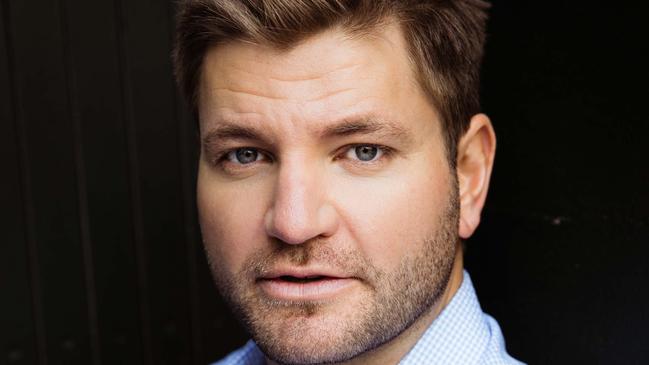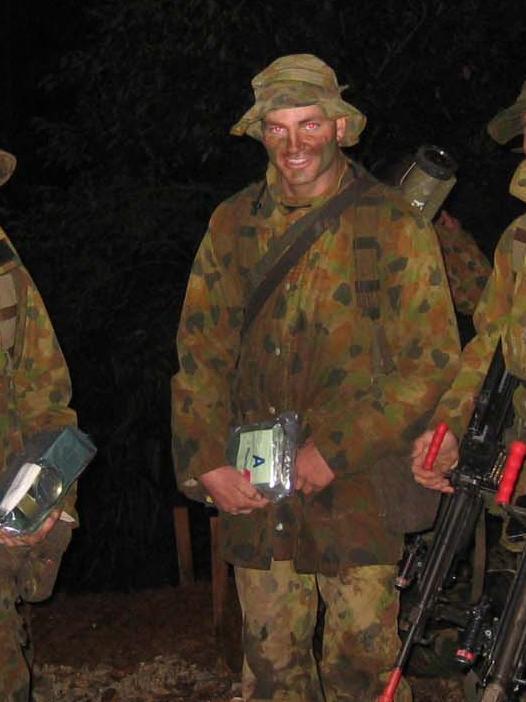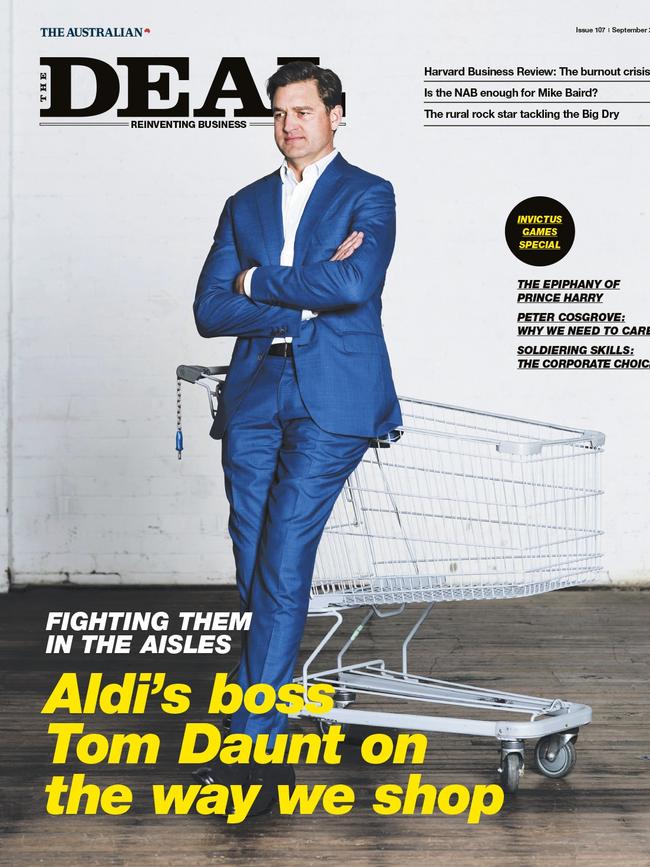From army guy to civvy street: finding new meaning post-army
Reactions to new-found freedom after leaving the defence forces can be unpredictable, as Sam Duncan discovered.

I remember how good it felt leaving the army. I had a white Mitsubishi van decked out with a bed platform and clothes drawers in the back. It was dusk, and it seemed likely a kangaroo would jump out from the cane fields. The radio was loud and I was listening to music I wouldn’t usually listen to. I was on the Bruce Highway, driving south from Townsville, finally free after 10 years as an “army guy”.

I picked up a transient arborist with dreadlocked hair. He was hitchhiking south and I dropped him late that night at a makeshift campsite by a river. This was my reaction to adult life spent in uniform. It was great having a van; it was great chatting with a hitchhiker; and it was great taking on a new identity.
I was 28 and moving to Sydney, where I would look for a share house near the beach and study film. I rented a room in Bronte for $160 a week from a Romanian immigrant in his 60s. He drank cask red mixed with Coke Zero and would tell stories about long-distance swimming in the Danube.
One afternoon, a heavy wave of emptiness hit me.

The sun was shining and I’d been at the beach. I had never experienced depression as I understood it, but this might’ve been it. I felt ridiculous; life was perfect, as I’d planned it.
I called a close mate and explained. He was familiar with what I described — a sense of meaninglessness, no point in anything. It up-ended what I thought I knew about happiness.
People say things such as “I’ll be happy when I’m such and such”. I felt depression like never before when I became “such and such”.
I’d discharged as a captain. They tell you how important you are at officer training and it’s reinforced later.
Soldiers salute and call you “sir”. I hadn’t seen myself this way; I didn’t think I identified with rank or profession, but it proved inescapable. Now here I was, a normal guy on the street, “civvy street”, as they called it.
I left the army in 2011; it was my call. The army-enforced transition process was more involved than what I thought I needed. We learnt about superannuation, received funds for further education and chatted with psychologists. But it’s hard to foresee how an identity you no longer want can become such a core part of you without your knowing it.
These days it’s clear to me what happened. There was no quick fix — time did its thing.
I left on my own terms. I imagine that those forced out for medical or other reasons feel a similar void, but much deeper.
Sam Duncan now works as a news producer at The Australian



To join the conversation, please log in. Don't have an account? Register
Join the conversation, you are commenting as Logout